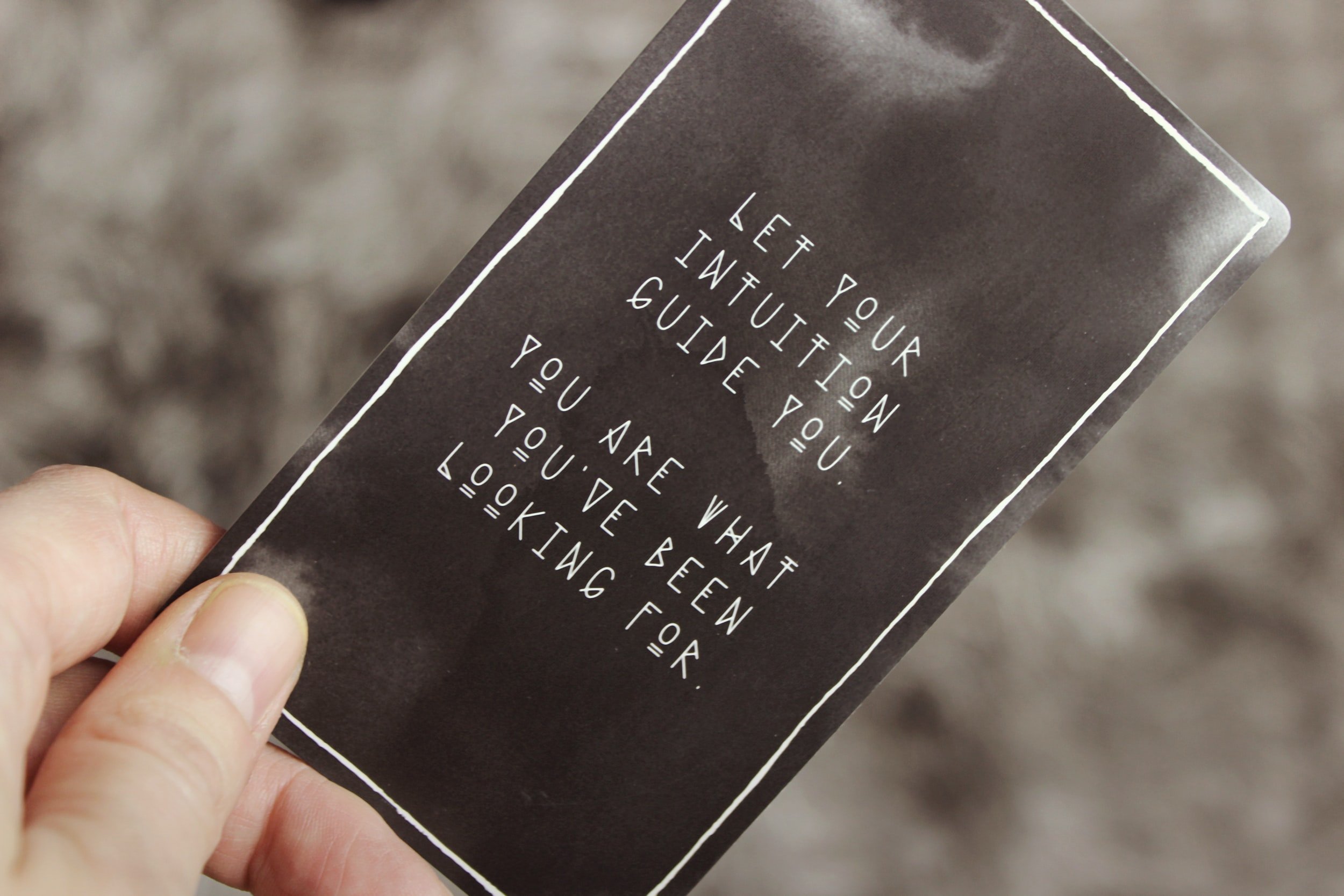Giving Yourself Permission to Pause
We live in a world where we are always on. Busy. Moving. Running. Doing. Accomplishing. Americans check their mobile phones an average of once every 12 minutes or more than 80 times a day. Your average American worker receives over 120 emails a day and feels pressure to respond no matter what time of day it is. Busyness is now seen as a status symbol, with humblebragging about our lack of time, “I have no life LOL,” rampant over social media. What started as being busy because we had a lot to accomplish has now turned into almost a pressure to be and stay busy all the time. So, we do, and we don’t question it, even when we feel a nagging sense of “there’s got to be more to life than this.” The problem with this is that despite all this busyness, most people are less healthy and less happy in their lives. We’ve left out the most important part: BEing.
Taking Pause
If you can relate to this scenario then giving yourself permission to pause can be the start of something beautiful because it helps you tap into the areas of your mind that may be stifled by all the busyness – creativity, intuition, and self-awareness. Taking pause helps you get back to You. The you that has been buried under all the responsibility, activity, worry, and stress of daily living. The you that you dream about being. People talk about “losing” themselves, but the truth is you never really lose yourself - our selves just get buried, lost sometimes in the freneticism of our lives.
So, what does taking pause look like? Giving yourself permission to pause just means making space for your physical, mental, and spiritual self. It means putting some distance between you and your outer world (work, family, social circles, responsibilities, hobbies) to create a space where you can get quiet and tune in to your innermost thoughts and intuition. For some people, this might look like going for a hike in nature without technology or developing a meditation practice. For others it might be reveling in that satisfying and joyous feeling you have after one-on-one time with that one friend who really brings out your inspiration and creativity. There are no rules for what this looks like, as long as you’re able to make that space to truly Be with yourself.
Tuning In
As you allow yourself more and more time to pause, to enter that space to Be with yourself, I encourage you to get curious. Tune In. Actively listen. This is where, ultimately, you’ll find the part of You that you might have thought you lost. While we all have an innate ability to tap into our intuition–also known as a sixth sense or gut instinct–we are not all practiced. The conscious part of our mind likes things how they are, and may be resistant to this shift (change). It also might be constantly chattering. We call this the monkey mind or wandering mind. Taking pause and tuning in is something we often have to actively practice, and the more you practice, you will begin to notice the intuitive whispers. A knowingness of sorts rises to the surface. If you need a gentle push, try asking yourself some philosophical questions like, “Who am I?” “What is most important in my life?” or “How do I want to feel every day?” And then simply tune in.
Turning On
What will come of this practice? A true connection to what you really want in this life.
Your passions will reveal themselves, as well as your purpose. And even some inner guidance on how to move forward.
I believe that in the busyness of life, we are ultimately driven by fear. Fear that we don’t measure up, fear that we are somehow not good enough, hence our need for busyness, so we can measure up. Our monkey mind keeps us in fear. Activating our intuition is a form of self love, and tuning into it will bring you steps closer to a more purpose-driven and joyful life. It will allow you to turn on all those hidden aspects of your true self, the self that is driven by purpose and passion instead of fear.
And in this way, you can begin to transform to the life that has always been waiting for you.



